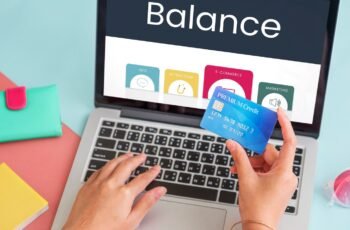Ensuring credit card security is vital for both consumers and businesses, as it helps prevent fraudulent activities that can lead to financial loss. With the increasing use of online transactions, the risk of credit card fraud has also risen significantly. This article highlights key measures you can take to protect yourself from credit card fraud and enhance your overall financial security.
1. Keep Your Credit Card Information Secure
The first step in ensuring credit card security is keeping your sensitive information secure. Do not give out your account number or PIN over the phone unless you initiated the call and are sure about the recipient’s identity. Be cautious when using public Wi-Fi networks, as hackers may be able to intercept your data; instead, use a secure VPN connection for transactions.
Avoid sharing personal details on social media that could potentially be used by criminals for identity theft purposes (e.g., date of birth). Additionally, ensure that any devices used for making payments have strong passwords or biometric features enabled.
2. Regularly Monitor Your Account Activity
Regularly monitoring your account activity helps in identifying any unauthorized charges or suspicious behavior early on – this way, corrective action may be taken promptly if required. Sign up for transaction alerts via email or text message from your bank so you can keep track of all purchases made with your card.
a) Check Monthly Statements Thoroughly
Meticulously review monthly statements provided by banks/issuers which list down every transaction made during a particular period – compare them against receipts/purchases/logs maintained by yourself & report discrepancies immediately.
b) Use Mobile Apps & Online Banking Tools
Most banks offer mobile apps and other online tools that allow customers to keep track of their account activity.
3. Safeguard Your Credit Card
Physically safeguarding your credit card is essential for preventing unauthorized access. Keep your card in a secure place, preferably in a wallet or purse with zippered compartments. Never leave it unattended in public places, such as at a restaurant table or inside an unlocked car.
If you suspect that your card has been lost or stolen, report it immediately to the issuer so they can deactivate the account and issue you a new one.
4. Be Cautious When Shopping Online
Only shop on reputable websites with secure connections (look for “https” instead of “http” in the URL). Avoid clicking on suspicious links or pop-ups; these could be phishing attempts aimed at stealing your personal information.
Always verify merchant reviews before proceeding with transactions – this will help you avoid scammers who may have set up fake web stores solely to collect sensitive data from unsuspecting shoppers.
5. Employ Additional Security Measures
– Use two-factor authentication wherever possible




